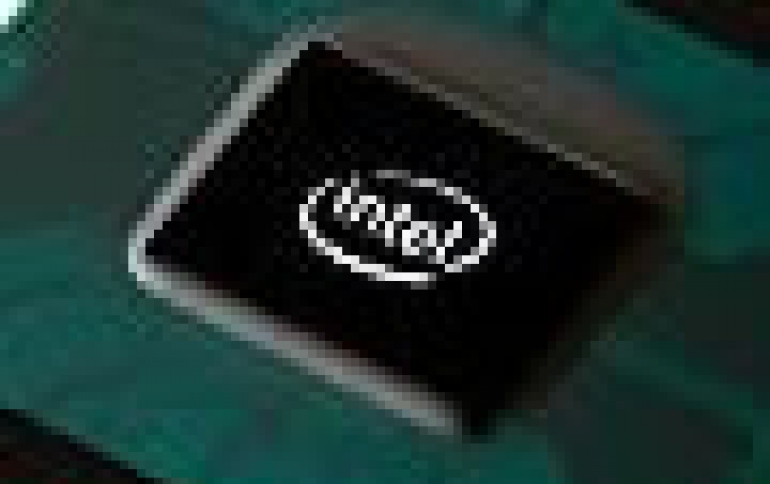
Intel Sued Over Patents
The University of Wisconsin-Madison's research arm has sued
computer chip maker Intel claiming the company violated the
university's patents in making the Core 2 Duo processor.
The federal lawsuit, filed last Tuesday, alleges technology used
in the processor to increase its speed and efficiency was
created by researchers at the university and Intel should have
obtained a licensing agreement to use it.
The Wisconsin Alumni Research Foundation, a private, nonprofit patent management organization that supports research and controls the university's patents, filed the lawsuit. WARF said that it has contacted Intel about the issue in 2001 and repeatedly offered the company legal licensing opportunities for the technology.
But Intel starting using the technology in the Core 2 Duo processor without a licensing deal, according to the lawsuit.
Intel said that it would to conduct a defense.
The lawsuit seeks a court order for Intel to stop selling the processor and pay damages and legal fees to the university foundation that sued.
The Wisconsin Alumni Research Foundation, a private, nonprofit patent management organization that supports research and controls the university's patents, filed the lawsuit. WARF said that it has contacted Intel about the issue in 2001 and repeatedly offered the company legal licensing opportunities for the technology.
But Intel starting using the technology in the Core 2 Duo processor without a licensing deal, according to the lawsuit.
Intel said that it would to conduct a defense.
The lawsuit seeks a court order for Intel to stop selling the processor and pay damages and legal fees to the university foundation that sued.





















